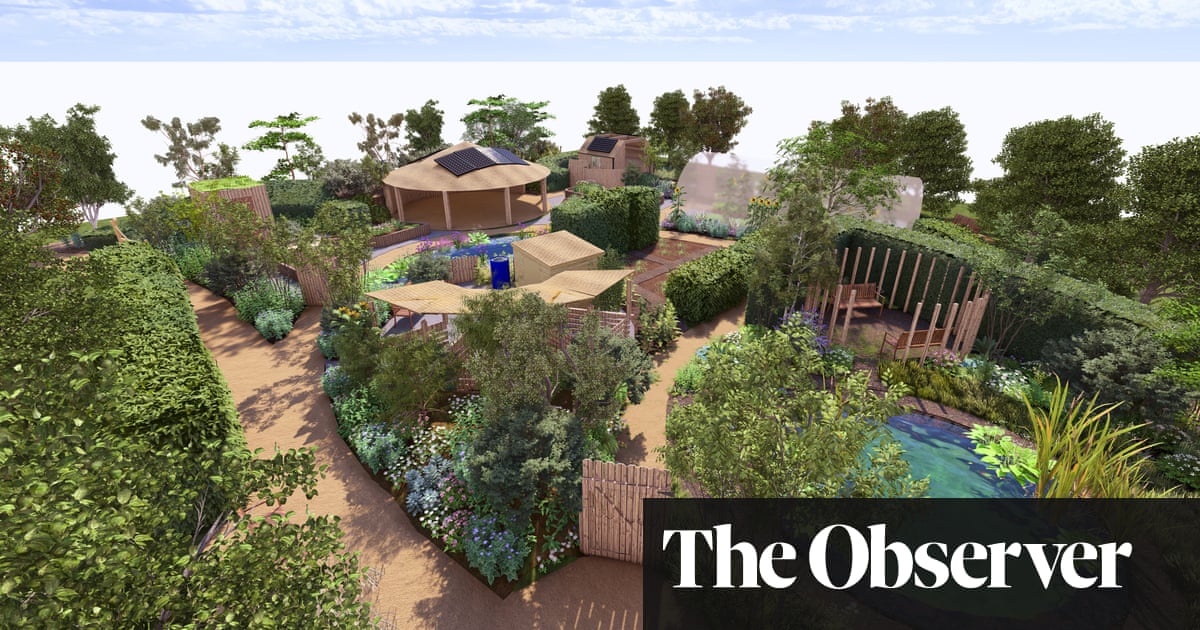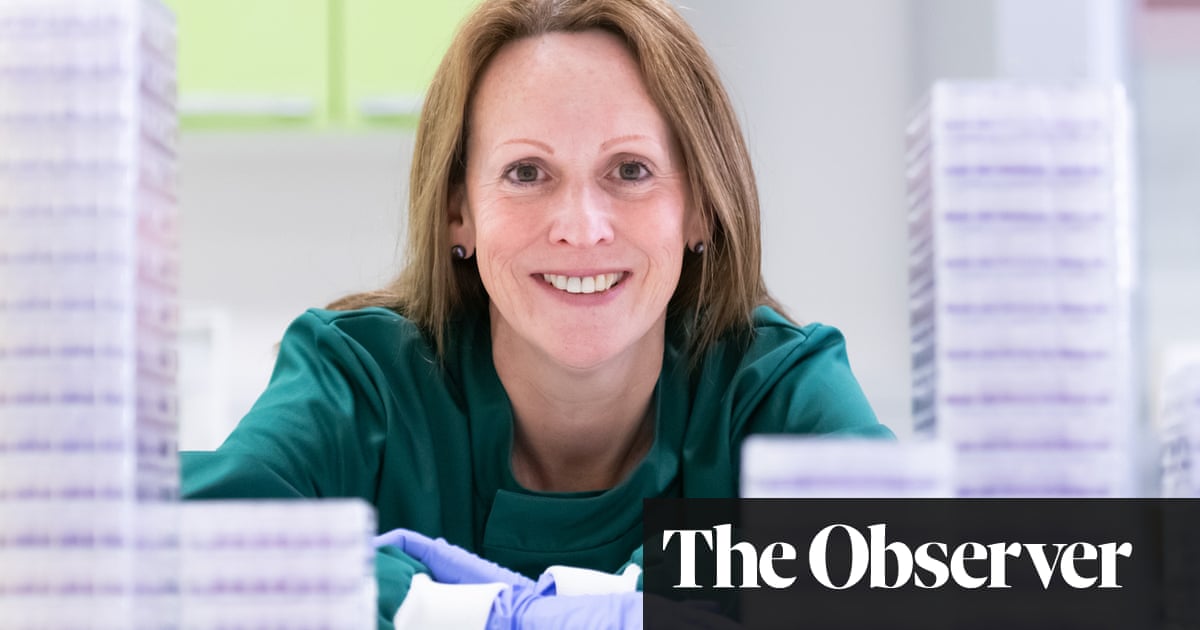For more than 200 years, gardeners at the Royal Horticultural Society (RHS) have been reaping the benefits of using compost and manure in their flowerbeds.
But until now, they have never had the satisfaction of using compost created from their own human waste.
This summer, the charity will open its first-ever composting toilet at RHS Garden Wisley in Surrey in an attempt to raise awareness about environmentally friendly ways to manage human sewage.
The toilet will be built in a new Greener Skills Garden, an off-grid space that will be used to teach horticulture students key gardening skills and educate the public about how to garden sustainably and mitigate the effects of the climate crisis on plants.
The compost facility will be exclusively for use by students and staff.
Lewis George, a RHS horticultural engagement officer who will oversee teaching in the garden, said that “material” deposited inside the toilet will spend 18 months in a container – “we’ve gone for one with quite a large capacity” – then a further six months on a “normal” compost pile, before being spread on ornamental plants as a “soil improver”.
For now, he is the only gardener who will be trusted with dealing with the “humanure” and it will only be used on non-edible plants in the Greener Skills Garden.
“We’re going to be extra cautious, because we’re a public garden,” he said. “If we ever get to the point where we’re really churning through masses of material, I’ll be offering it out to other garden teams.”
after newsletter promotion
George is looking forward to putting his own contributions – and those of his students – to good use in the soil: “I’m really passionate about it. It’s great recycling and it’s a great source of organic material that can feed our soils – but it also saves water and helps prevent sewage spills going out into rivers, which occur because of the capacity problems of our sewage system.
“This is one of the ways we can be much more responsible about our waste and get something really beneficial from it. So for me, it’s a no-brainer.”
Wisley began as an experimental garden in 1878, with the idea of making “difficult plants grow successfully”. It is now the leading garden of the RHS and is visited by more than one million people a year.
“A composting loo and the wider Greener Skills Garden really fits in with that original ethos of experimenting and pushing the boundaries of what we do in horticulture,” said George.
Dr Chloe Sutcliffe, an RHS sustainability fellow, said the Greener Skills Gardenwill also include Wisley’s first rain garden, featuring plants that can withstand being waterlogged for days, followed by dry periods.
This is part of an experiment to find out how different planting schemes and the overflow from rainwater storage containers, for example, can be designed to manage heavy rainfall across a garden. “We’re encouraging visitors to be able to see the journey that water takes through gardens, so that people can start to understand how gardens can be used to slow the flow of water across the landscape,” Sutcliffe said. “That is something we increasingly need to do to try to increase our resilience to heavy rainfall and reduce the risk of flash flooding in the future.”
Article by:Source: Donna Ferguson











